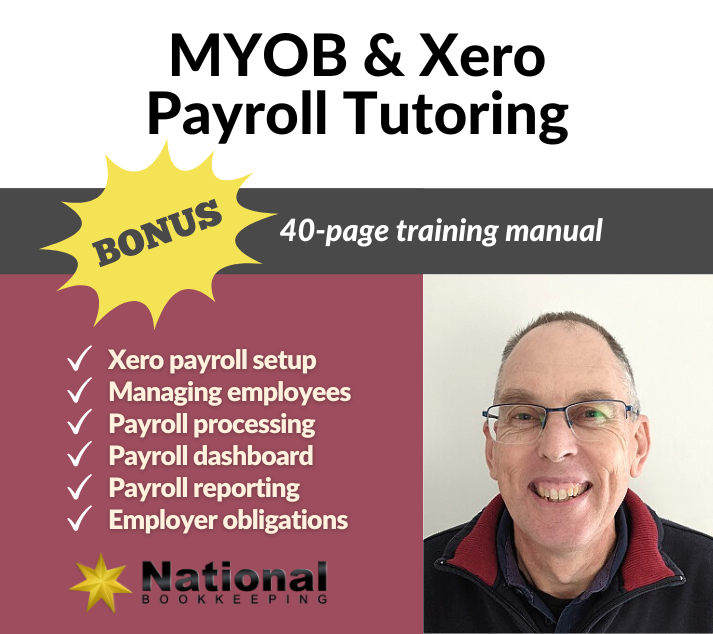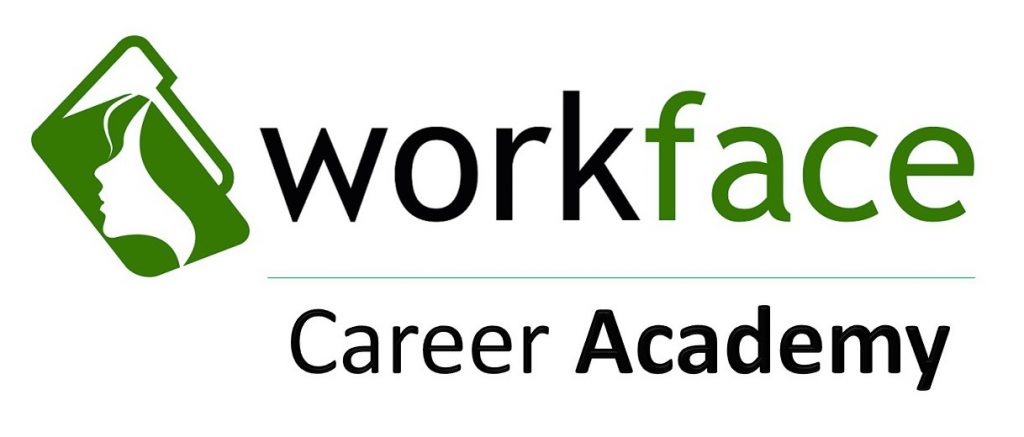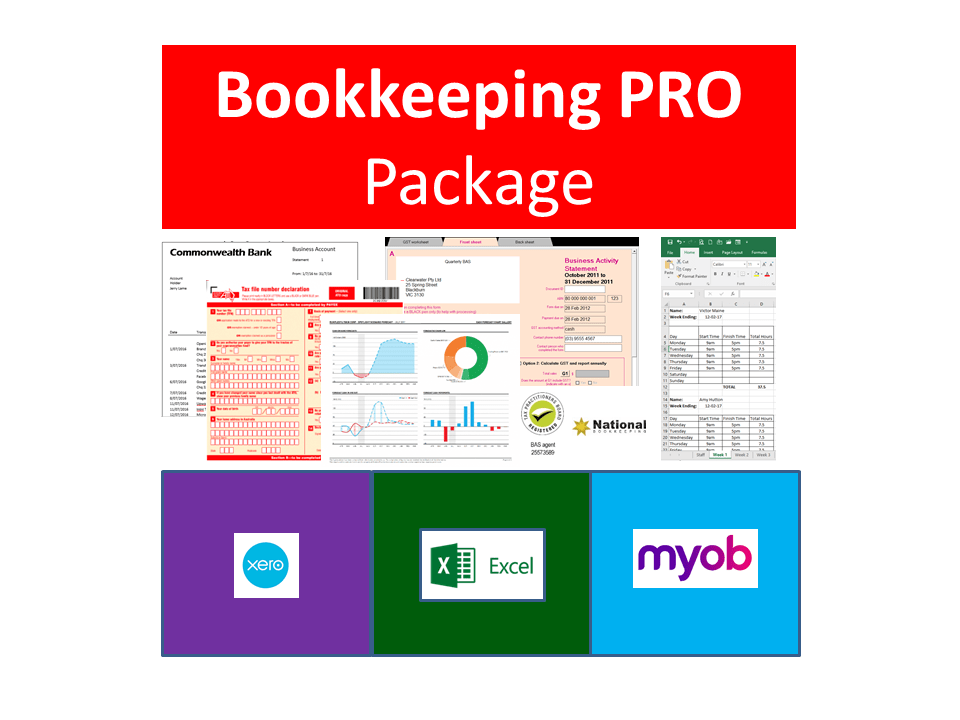The Pros and Cons of charging a Performance Based rate vs. an Hourly Rate
Knowing how much to charge for your bookkeeping services will depend on your fee structure; and knowing which fee structure to use will depend on a number of factors including:
- Your experience and qualifications
- The regularity of the work
- The predicted performance of the client’s business (e.g. seasonal, cyclical, steady)
- Value for money
When you define your ideal client you are assessing if they are a good fit for your services in terms of the above criteria, and that includes fees. You want to remain competitive by offering attractive rates, but you also need to ensure that you are being adequately compensated for your hard work.
Performance Based Rate
There are several reasons why the performance based rate is becoming more common:
- This method of charging is recommended by Xero.
- A fixed rate may be more suitable when the business doesn’t change much from month to month.
- A performance based rate often includes a ‘buffer’ to help protect against extra work or unforeseen problems that may arise.
Let’s take the example of Ideal Client #1 whose bookkeeper initially charged $199 per month on a performance based pricing plan but then upped their rate to $550 per month.
This seems like quite a hefty increase and it’s the reason why the client is now shopping around for a new bookkeeper.
However, when we gathered some more information and created a profile for this client it became apparent that $550 per month was not an unreasonable fee.
These Cloud Accounting packages offer a guideline for performance based charging dependent on which tasks and functions are included. Ideal Client #1 has fewer than 75 transactions per month and does all of the data entry, invoicing and payments and credit management tasks himself, however his current bookkeeper performs quarterly BAS (for which they need to be a registered BAS agent). Furthermore, there is a fortnightly payroll run to administer.
With this in mind, the recommended Cloud Accounting package for this client would be the Team Cloud Accounting package at $149 per week. The total monthly amount for this package slightly exceeds what the business owner is currently paying. Before we make a recommendation to this client however, we need to look at the benefits of charging on an hourly basis.

Hourly Rate

- An hourly rate allows for greater transparency. The client will be able to see how much time each task takes and where he is spending his money.
- If business income and expenditure changes significantly from month to month, an hourly rate would be fairer to both the client and the bookkeeper.
- Entry level bookkeepers charging a lower hourly rate (e.g. $25/hour) can be attractive to clients who require only basic bookkeeping tasks.
See the guidelines about how much bookkeepers charge depending on their level of skill and experience.
Performance Based Rate vs. Hourly Rate
Price is not the only factor for determining whether or not bookkeepers and clients are a suitable match.
In the case of Ideal Client #1, we referred him to Trevor, a bookkeeper who charges a rate of $70/hour.
- Trevor is a Certified Practising Accountant and registered BAS agent with extensive experience in MYOB, Xero and Quickbooks.
- He has a background working in the corporate sector and has also successfully operated his own small businesses.
- He charges a higher hourly rate but he will be able to perform the work faster.
- Trevor can effectively anticipate potential problems before they arise.
- He is largely autonomous and will not take up too much of the client’s time by asking lots of questions.
- Trevor is readily available at short notice.
- Trevor is compatible with the client’s personality and business approach.

Summary
Clients compare rates between different bookkeepers and often make their decision based on price. By defining your ideal client up front, you will have a snapshot of their requirements and a good idea of whether or not they meet your service delivery capability.
Your goal as a bookkeeper is to ensure that your rate is competitive without underselling yourself or promising what you cannot deliver. Set your bookkeeping rates based on the profile of your ideal client, and if they are not a good fit, use your referral network to help them find somebody who is.

Case Study: Is This Your Ideal Bookkeeping Client?
Choose the best bookkeeping clients according to their needs and your ability to deliver.
Xero Bookkeeping—Why Would Someone Call YOU to Work for Them?

Give your Xero bookkeeping prospects a clear reason to choose your ad over your competitor’s.
https://workface.com.au/2022/07/xero-bookkeeping-why-would-someone-call-you-to-work-for-them/






